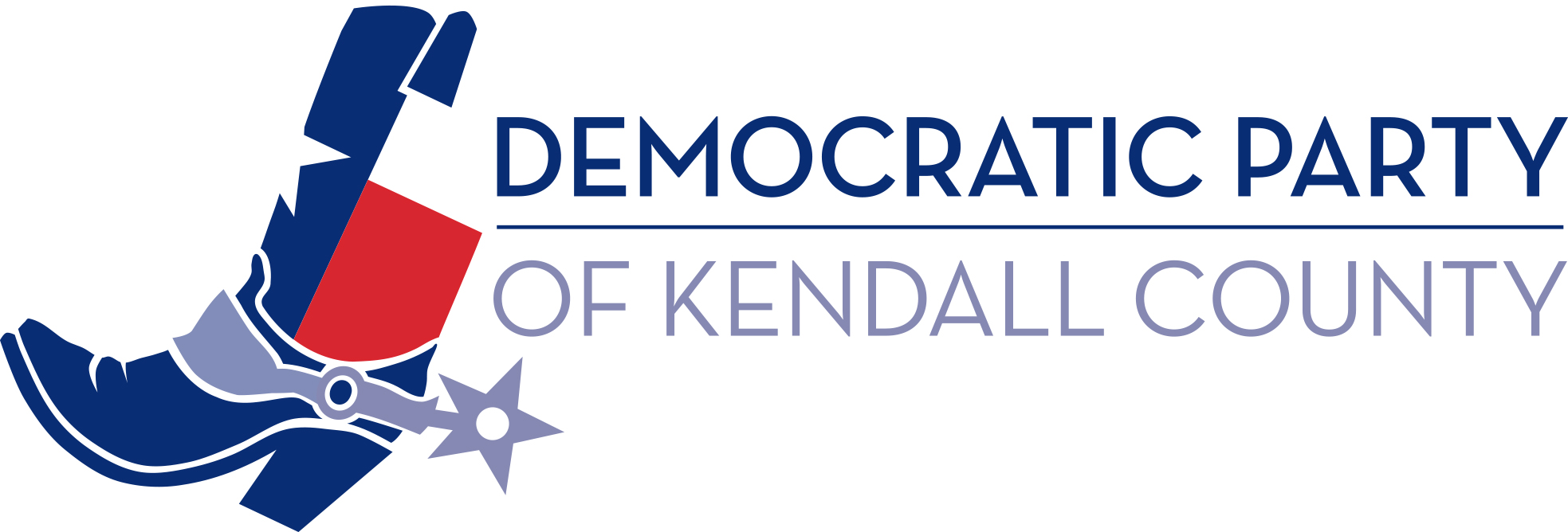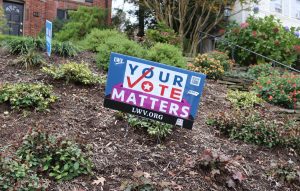By Laura Bray
For the “Progressive Views” column, Boerne Star, July 6, 2025

Last week, the Greater Edwards Aquifer Alliance (GEAA) hosted a Zoom seminar on the session of the Texas Legislature (TxLege) that just finished in May (you can watch an archived copy of the presentation here). The session summarized which water-related bills passed, which didn’t, and the impact of both. Here I’ll share some of what I learned.
GEAA’s priorities during this latest session of TxLege included water reuse; county authority; land use; water availability; Texas Water Development Board (TWDB) funding and programs; and a couple of others.
The bills GEAA supported had a “passage rate” of 14.48%, a little above the statewide “passage rate” of 13.46%. (“Passage rate” is how many bills passed divided by how many bills were filed.) The bills they opposed had a “passage rate” of 8.3%. So they were pleasantly surprised with their results.
Good bills that passed covered a wide range of issues. The bill expanding 2023 water funding legislation was a huge win. This bill will provide 50% of its funds to the TPWD for infrastructure improvements and 50% of its funds to the “New Water Supply for Texas Fund.” This legislation will require a constitutional amendment, which will be on the ballot this November. The Kendall County Democratic Party endorses this amendment and will advocate for its passage.
Surprisingly, a number of bills passed that gave localities more control over water issues. (Usually, TxLege refuses to grant more authority to cities and counties; see below.) One bill will prohibit homeowners associations from fining for dead grass during drought restrictions. Another bill requires cities to allow for smaller lot sizes (to help alleviate the dire shortage of affordable housing), but still maintains aquifer protections.
A number of bills passed that affect state agencies that maintain our water quality. One of the bills will restrict new wastewater discharge permits in the Devil’s River, one of the most pristine rivers in Texas. Another bill will require oil and gas companies to plug certain orphan wells.
There were also several “small but mighty” fixes for local groundwater conservation districts (GCDs), such as our own Cow Creek GCD.
However, as usual, many good bills died during the session. Those included a bill that would study the effects of PFAS (i.e., “forever chemicals”) on public health, and a bill that would have granted property tax exemptions for water conservation measures (such as rainwater harvesting).
As per usual, many bad bills that place further restrictions on local authority passed this year’s session. One bill preemptively shields the supply chain of produced water (i.e., water that is generated as a byproduct during the extraction of oil and natural gas) from liability for harms caused by that water. Another bill will limit a city’s ability to impose a development moratorium event in times of water shortage. Yet another bill will allow government bodies to close meetings when discussing certain aerospace matters—a clear giveaway to SpaceX and Musk.
A few bad bills failed to pass. One would have prevented local governments from using any funds to address climate or pollution. Another would have restricted counties from governing safe, orderly, healthful development.
GEAA will also be working during the upcoming Special Session on any bills affecting our water supply.
In between legislative sessions, GEAA will work with the “Interim Session” (out-of-session work by TxLege) on issues of county authority, water reuse, and water availability. Any efforts to increase county authority will be a tough fight.
I cannot overstate the importance of the Edwards and Trinity aquifers. (Boerne sits over the Trinity Aquifer and just north of the Edwards Aquifer Recharge Zone.) These aquifers are the main water supply for central Texas and the Hill Country. They supply water to millions of people, support local ecosystems and many endangered species, are integral to agricultural and industrial activities, recharge the seven largest springs in Texas, and are the source waters for many of the iconic Hill Country rivers and streams. It’s up to all of us to protect this precious resource.
To learn more about what you can do to protect our precious water supply, click here and here.
Thanks for reading. To find out more about how to get involved with local Democratic activities and activism, visit www.kcdems.us
Laura Bray is Chair of the Kendall County Democratic Party.

